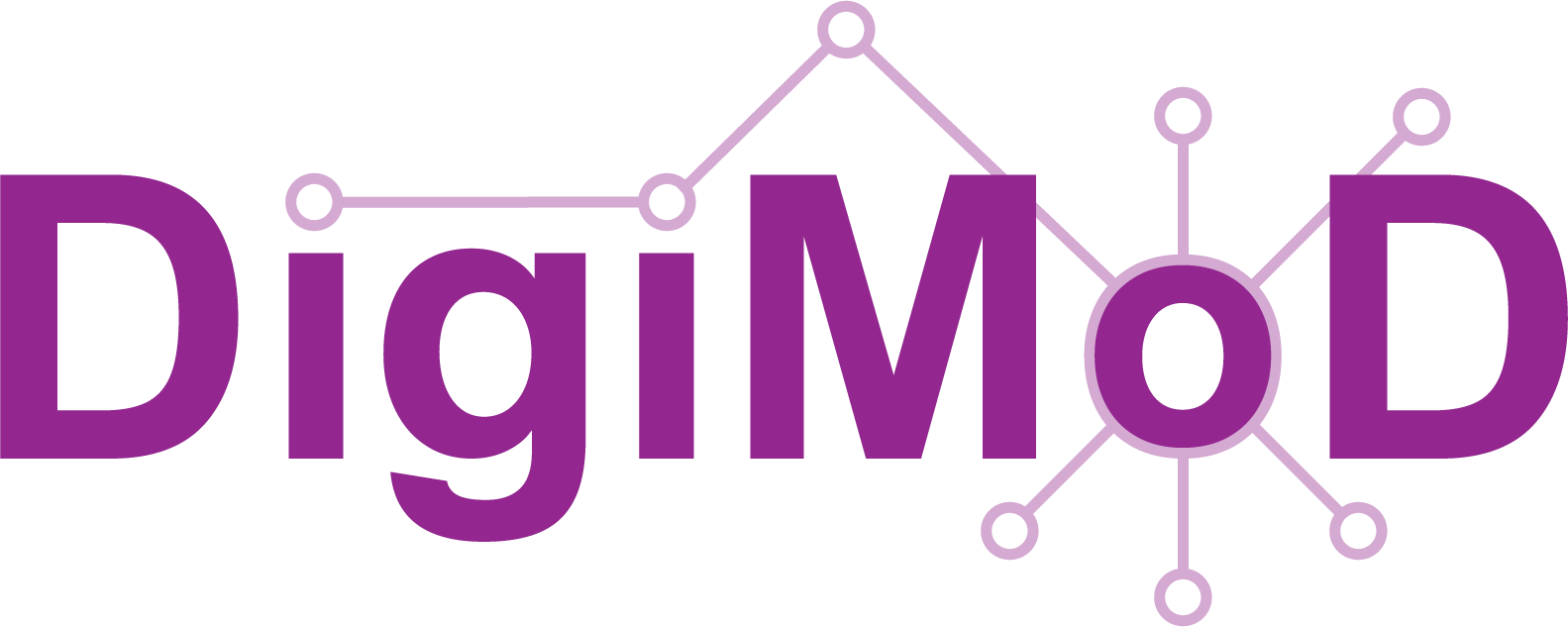Dear blog readers, please note that future blog posts will be uploaded on a quarterly basis. 13.07. – New Publication In the middle of July, Dr. Kilian Bühling (Universität Tübingen & Weizenbaum-Institut), together with colleagues Dr. Olga Pasitselska (University of Groningen, The Netherlands) and Dr. Emilija Gagrčin (Universität Mannheim & University of Bergen, Norway), published […]
Tag: computational methods

In November 2024, Baoning Gong and Florian Primig (FU Berlin) organized the workshop Conditions of Success for the Far-Right: A One-Day Exploration of Communication Strategies, Critique, and Scholarly Insights. This event, part of the workshop series of the Far-Right Researchers (FFR) network, brought together scholars from the “Contemporary Research on Far-Right Politics” group at the […]
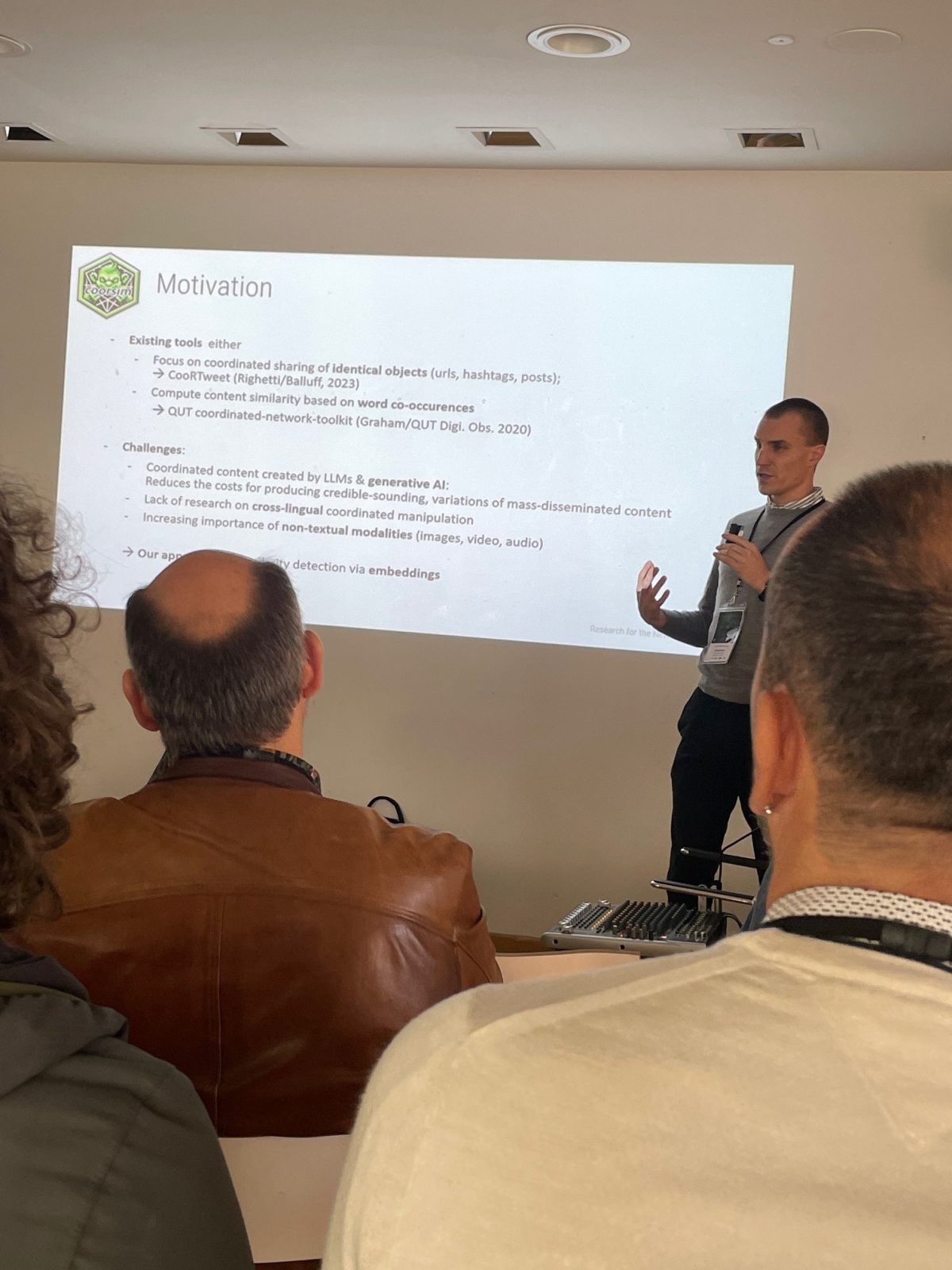
Two DigiMoD Team Members, Daniel Thiele (Freie Universität/Weizenbaum Institute) and Miriam Milzner (Freie Universität/Weizenbaum Institute), participated in a satellite event of the Association of Internet Researchers Conference (AoIR 2024) that took place at the University of Sheffield, UK. On October 29th, Daniel Thiele presented “Suspiciously similar. An embedding approach to capturing multimodal coordinated behavior,” co-authored with Miriam Milzner at […]

From October 24th to October 25th, the DigiMoD team joined a workshop the Weizenbaum Institute hosted titled “Generative AI, Digital Publics, and Data Access: Advancing Collaborative Research”. This international workshop brought together researchers from the Digital Media Research Centre at Queensland Tech University and the Weizenbaum Institute. Through a combination of research presentations and breakout […]

During her fellowship in the DigiMoD Research Group, Dr. Fabienne Lind gave an interesting talk at the Weizenbaum Institute. On September 10th, she spoke on “Studying Global Issues: Accommodating Context and Language Diversity when Employing Computational Text Analysis.” Addressing and mitigating global issues, such as migration movements or climate change, necessitates collaborative efforts that extend […]
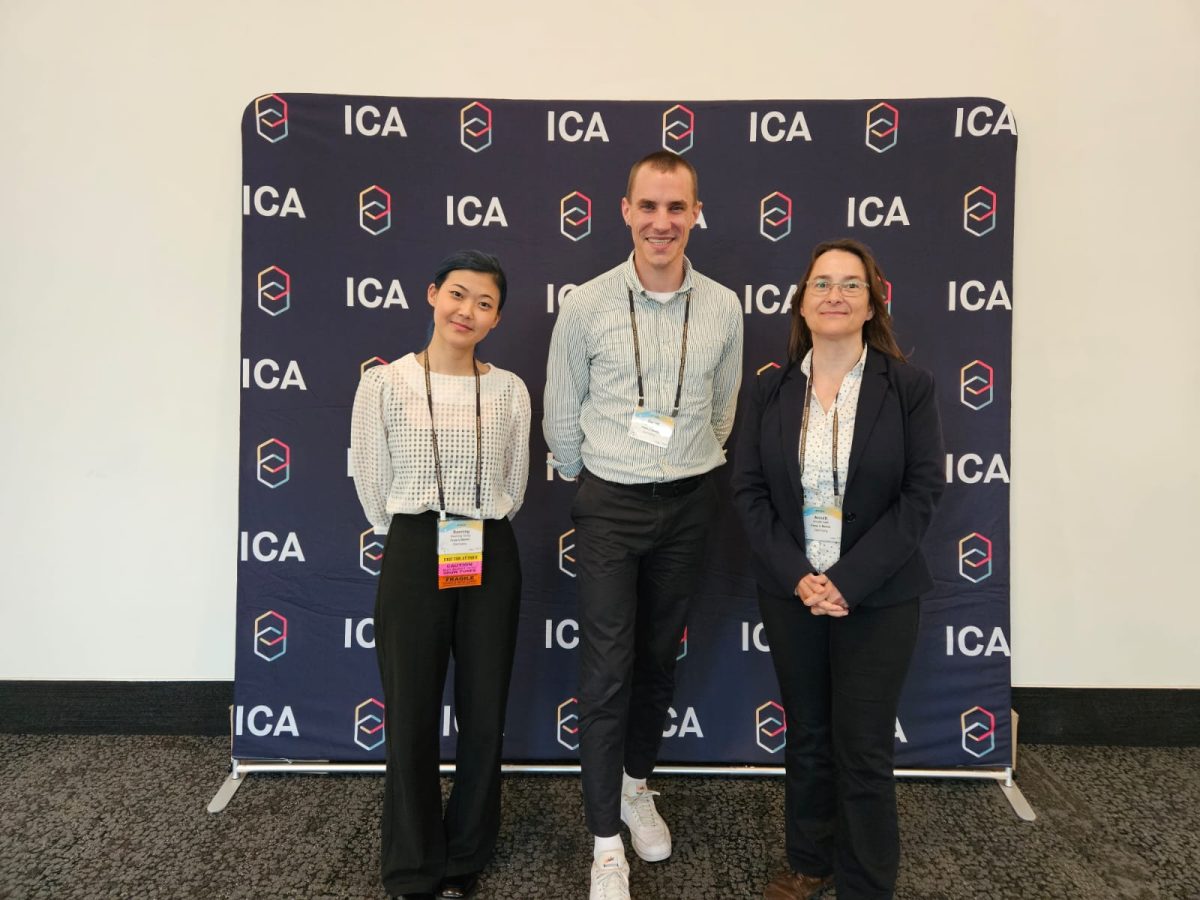
This year’s 74th Annual ICA Conference on “Communication and Global Human Rights” was held from June 20th to 24th in Gold Coast, Australia. This event focused on exploring the critical intersections between communication studies and human rights scholarship, showcasing current practices, research, and future directions. Topics ranged from the media’s role in advocating for marginalized […]

Visiting the research group in May Dominik Schindler, Ph.D. candidate in Applied Mathematics at Imperial College London, gave a talk on his latest research on May, 14. In his talk, titled “Bayesian Knowledge – Situated and Pluriversal Perspectives on Machine Learning”, he explored the fundamental mathematical structures of machine learning (ML) and challenged some of […]

Despite their shared antigenderism, populist radical-right parties’ contestation of gender and sexual equality forms a continuum rather than being homogenous across countries. Susanne Reinhardt, Annett Heft, and Elena Pavan argue that varieties of antigenderism are best understood through a party’s societal context, ideology, and voter expectations. Read more into this subject by clicking here.
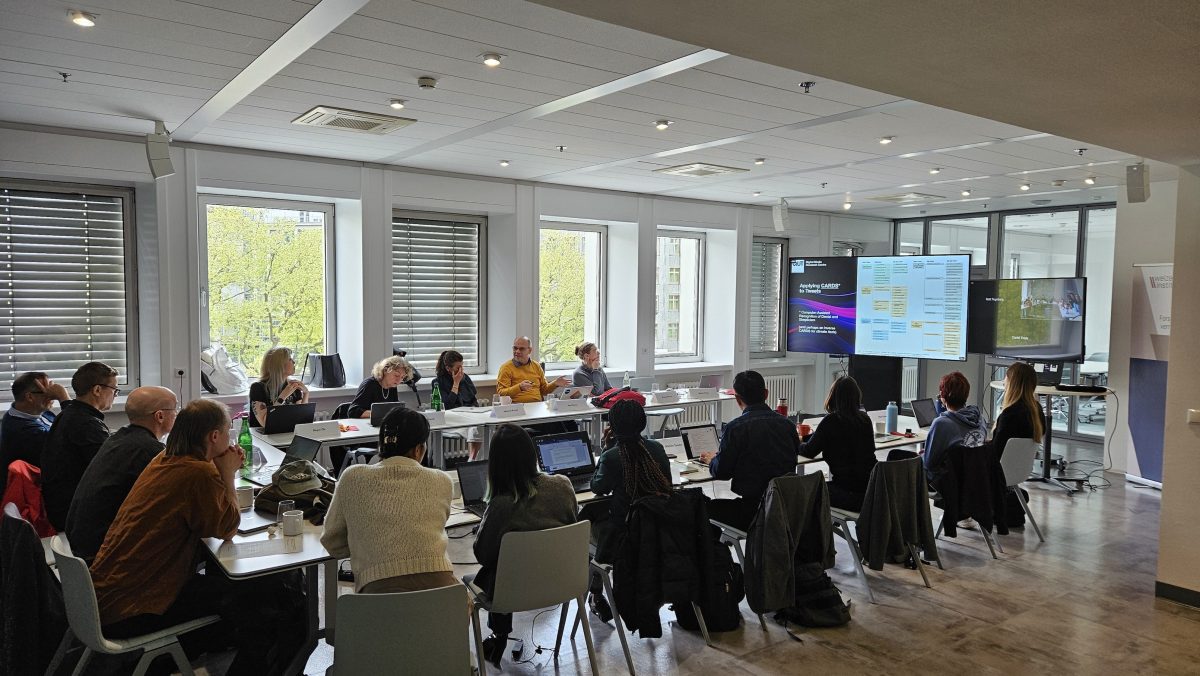
On April 18th and 19th, we hosted the workshop “CLOUD-C: Climate, Social Media, and Transnational Research” at the Weizenbaum Institute, Berlin, co-organized with the Helsinki Institute for Social Sciences and Humanities (HSSH). The Cloud-C Project is an international collaboration developed by the HSSH, focused on analyzing the discourse on climate politics in social media. This […]

We extend our congratulations to Annett Heft and Kilian Buehling (both Freie Universität Berlin/Weizenbaum Institute) along with their esteemed colleagues, Pablo Jost (Johannes Gutenberg-Universität Mainz), Maximilian Zehring, Hendrik Bitzmann, and Emese Domahidi (all Technische Universität Ilmenau), and Heidi Schulze (Ludwig-Maximilians-Universität Munich), for their notable achievement of receiving the 2nd place for the Best Journal Paper […]
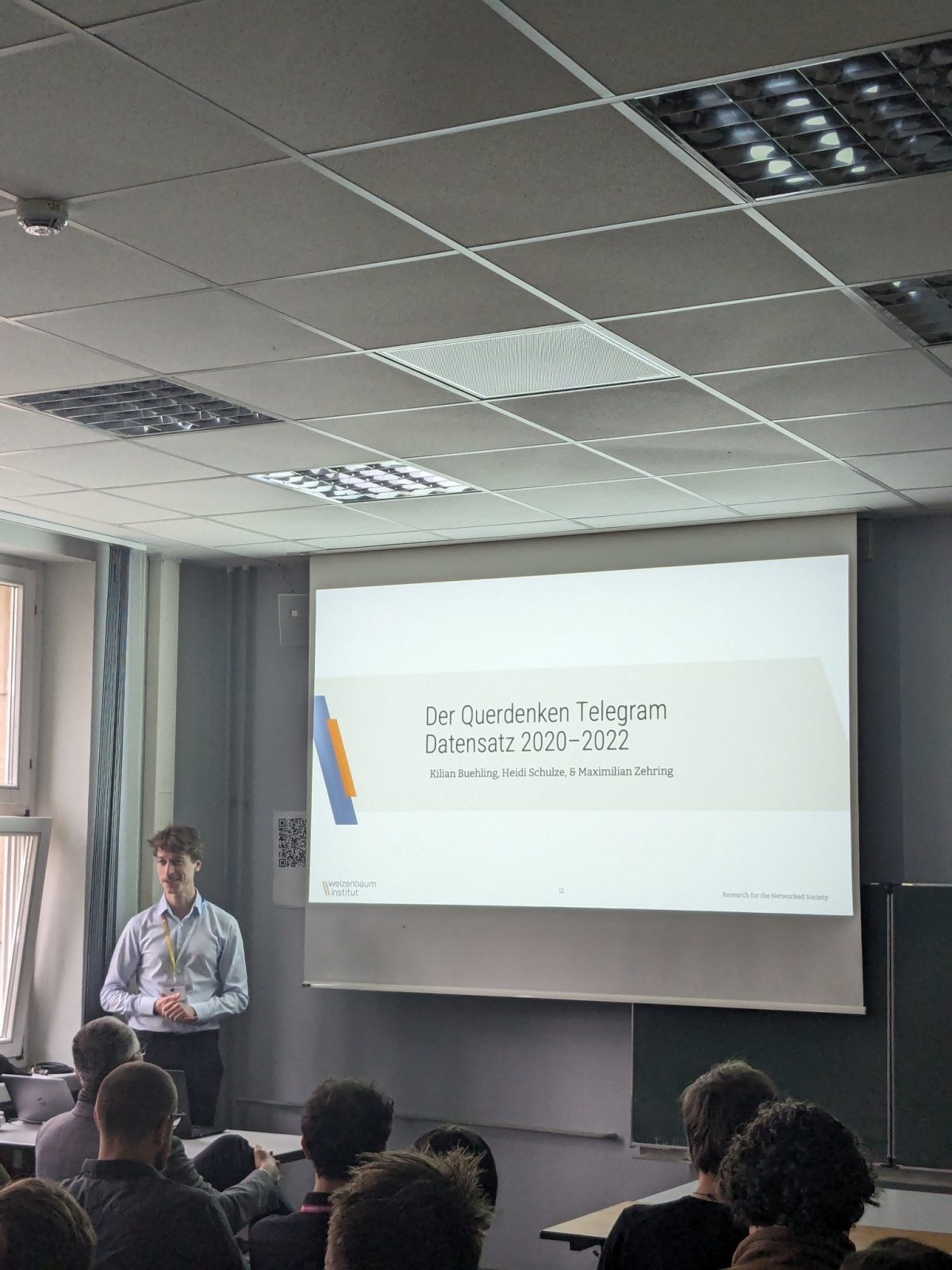
From March 13th to 15th the University of Erfurt hosted the 69. Annual Conference of the German Society for Journalism and Communication Studies (DGPuK). This year’s theme, “Visions for a Better Life,” aimed to stimulate a debate on the social relevance and future of communication science research. By exploring the roles that communication and media […]

Citizen-generated populist content is flourishing in the comments sections of online news. The factors that shape the extent of such populist communication from below are still under-researched. The recent publication of Daniel Thiele (Freie Universität Berlin & Weizenbaum Institute, Berlin) focuses on the COVID-19 crisis to examine how contextual and media-related factors are related to […]
On February 28, 2024 Dr. Olga Pasitselska at the University of Groningen hosted a guest lecture by Dr. Kilian Buehling from Freie Universität and Weizenbaum Institut, Berlin. The topic of the lecture was “Telegram and its Affordances for Anti-Democratic Mobilization” based on a paper he wrote together with Dr. Annet Heft. Dr. Kilian Buehling began […]
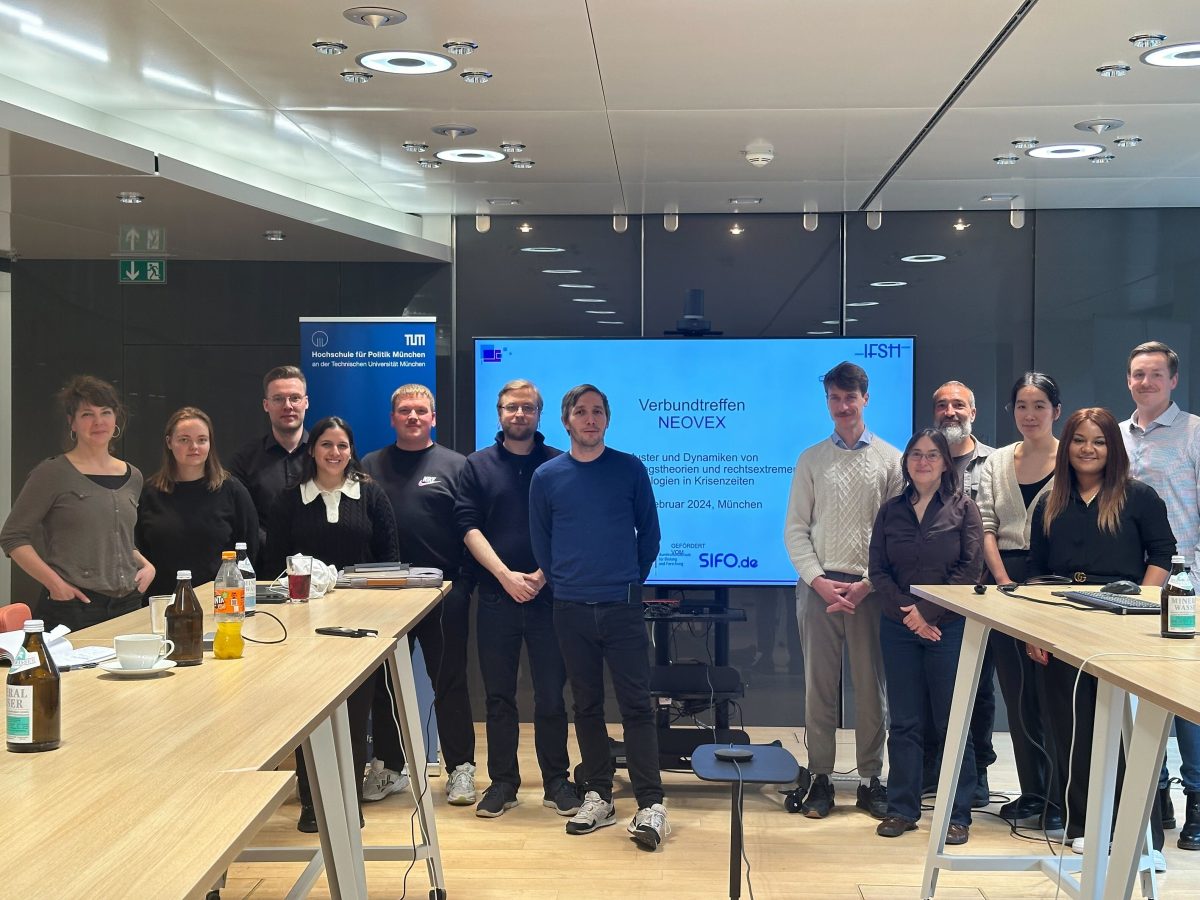
On February 7 and 8, the NEOVEX subprojects consortium meeting took place at the Munich School of Politics of the Technical University of Munich. The main focus was on exchanging ideas and planning future collaboration. During the one-day workshop, the subproject teams gathered to update the consortium and funding agencies on their current project work. […]

On January 23, 2024, Prof. Dr. Pablo Jost (Ludwig-Maximilians-University of Munich) presented and discussed our collaborative work on Mapping a Dark Space: Challenges in Sampling and Classifying Non-Institutionalized Actors on Telegram, co-authored by Dr. Annett Heft and Dr. Kilian Buehling (both Freie Universität and Weizenbaum Institute), Maximilian Zehring and Emese Domahidi (both Ilmenau Technical University) as well as Heidi […]
November 14th a collaborative article Mapping a Dark Space: Challenges in Sampling and Classifying Non-Institutionalized Actors on Telegram with two members of our team was published in the journal Medien & Kommunikationswissenschaft! Written by Pablo Jost (Ludwig-Maximilians-University of Munich), Annett Heft (Free University of Berlin), Kilian Buehling (Free University of Berlin), Maximilian Zehring (Ilmenau Technical University), […]
We were happy to conduct the workshop titled “Alternative Platforms/Platform Alternatives: Comparisons and Transnational Flows” on October 20th and 21st at the Weizenbaum Institute in Berlin in collaboration with the Free University of Berlin! The workshop gathered approximately 20 international researchers, creating an intimate and relaxed atmosphere that fostered networking and great knowledge exchange. The […]
From September 27th to 29th, the 24th Conference of the Methods Section of the German Communication Association (DGPuK) was hosted by Babelsberg Film University in Potsdam. During the event, Kilian Buehling (Freie University of Berlin/Weizenbaum Institute) conducted a three-hour workshop on Digital Trace Data. The conference focused on the convergence of methodology and research ethics […]
On a five-day conference from the 4th until the 8th of September, we had an amazing chance to participate in the ECPR General Conference at Charles University! The event counted with an extensive program of about 60 sections covering the full breadth of political science and over 400 panels offering an engaging platform for discussion […]
In today’s digital landscape, the proliferation of online platforms and the rapid evolution of communication technologies present unique challenges for researchers. A recent study by Dr. Annett Heft, Dr. Kilian Buehling, Xixuan Zhang, Dominik Schindler, and Miriam Milzner (2023) investigates these complexities, focusing on the collection of conspiracy-related communication data across various digital platforms. Published […]
